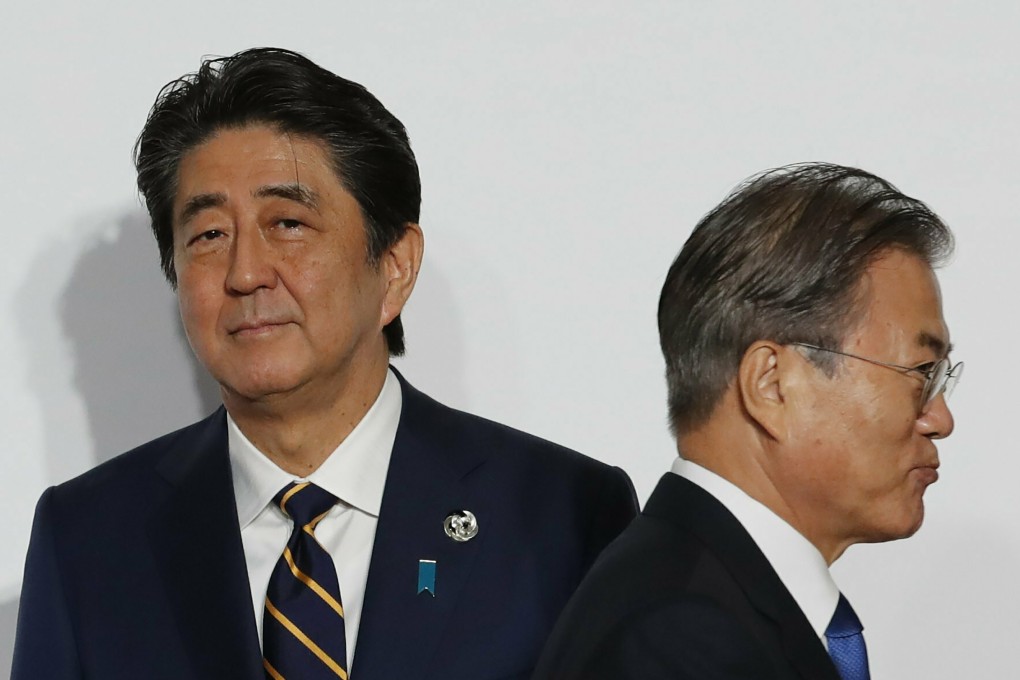Russia offers lifeline to South Korea amid hi-tech exports flap with Japan: Yonhap
- The South Korea media outlet said Moscow wants to sell hydrogen fluoride to the country’s semiconductor makers.
- The news came as Japanese and South Korean officials met in Tokyo for their first face-to-face discussion since export controls were announced

Citing an unnamed government official, Yonhap reported Russia had recently notified Seoul through diplomatic channels that it was willing to sell hydrogen fluoride to the country’s stricken semiconductor makers.
Russia’s proposal would help to absorb shocks from recent Japanese export controls, the government source said, according to the Yonhap report published on Friday.
“Russia has sounded out through a diplomatic channel the possibility of it supplying hydrogen fluoride,” the official was quoted as saying.
“Russia says its own product is equal or even superior to Japanese product” in terms of price competitiveness or quality, the source added.
There was no comment from either South Korean foreign ministry or the Russian embassy in Seoul on the report.